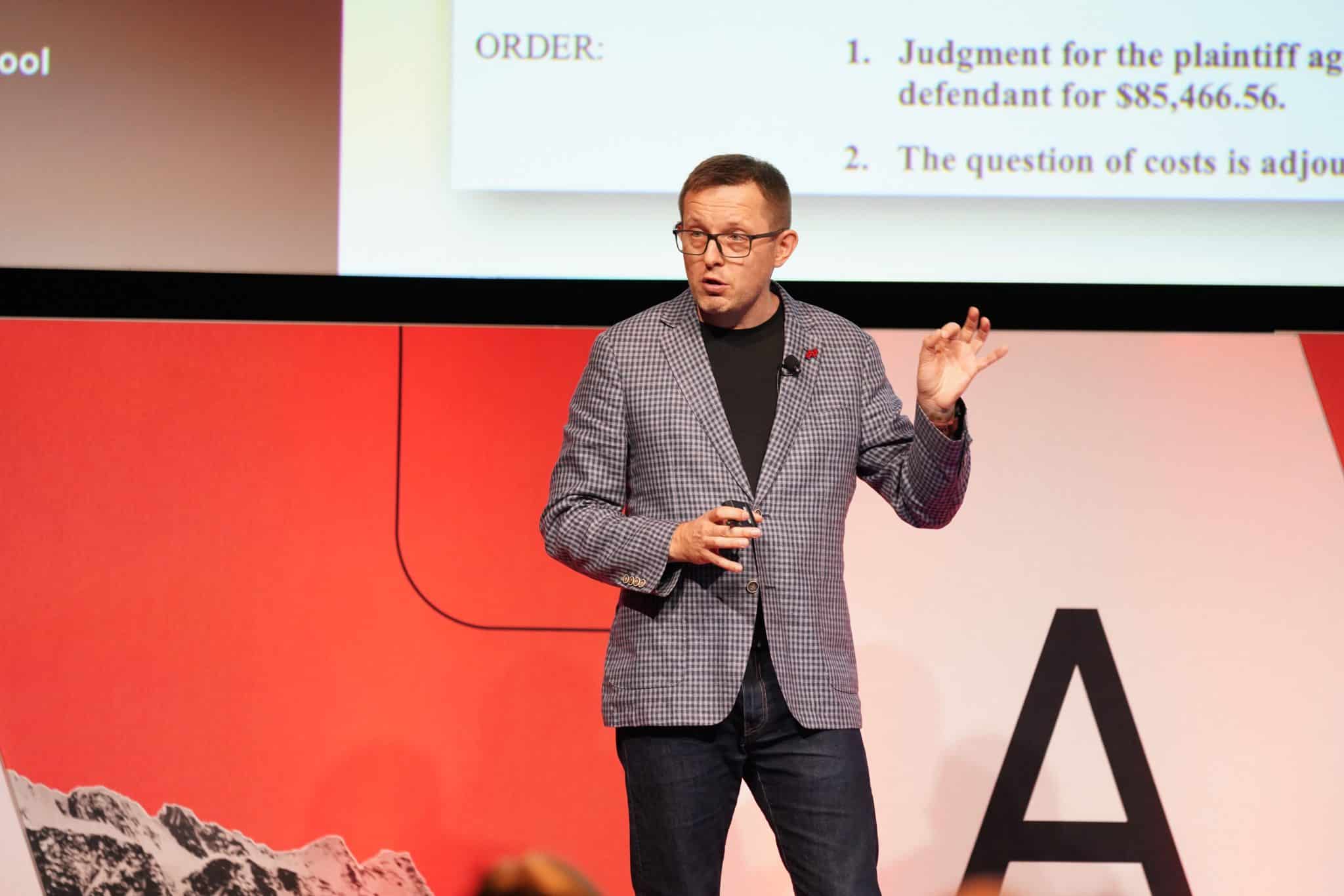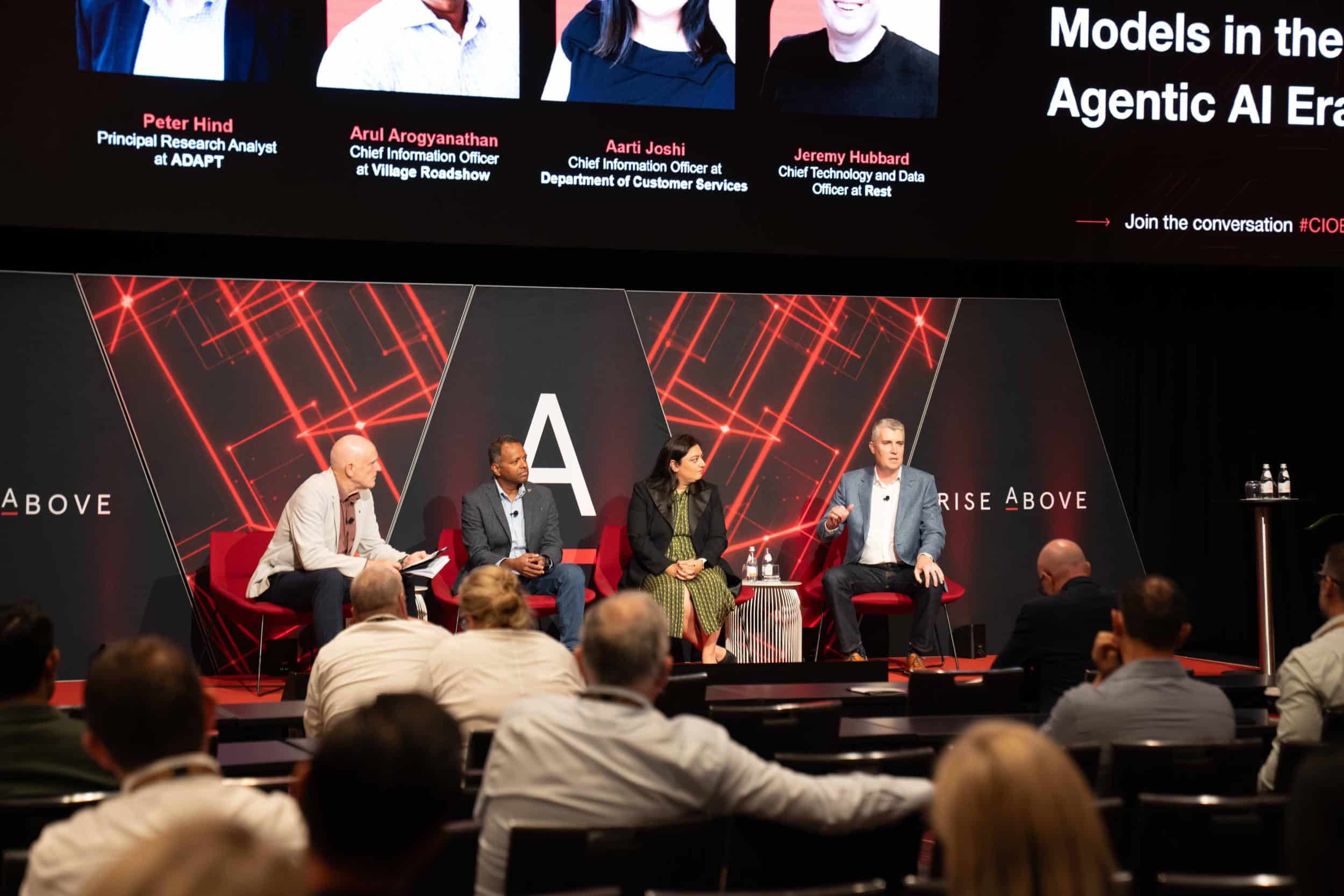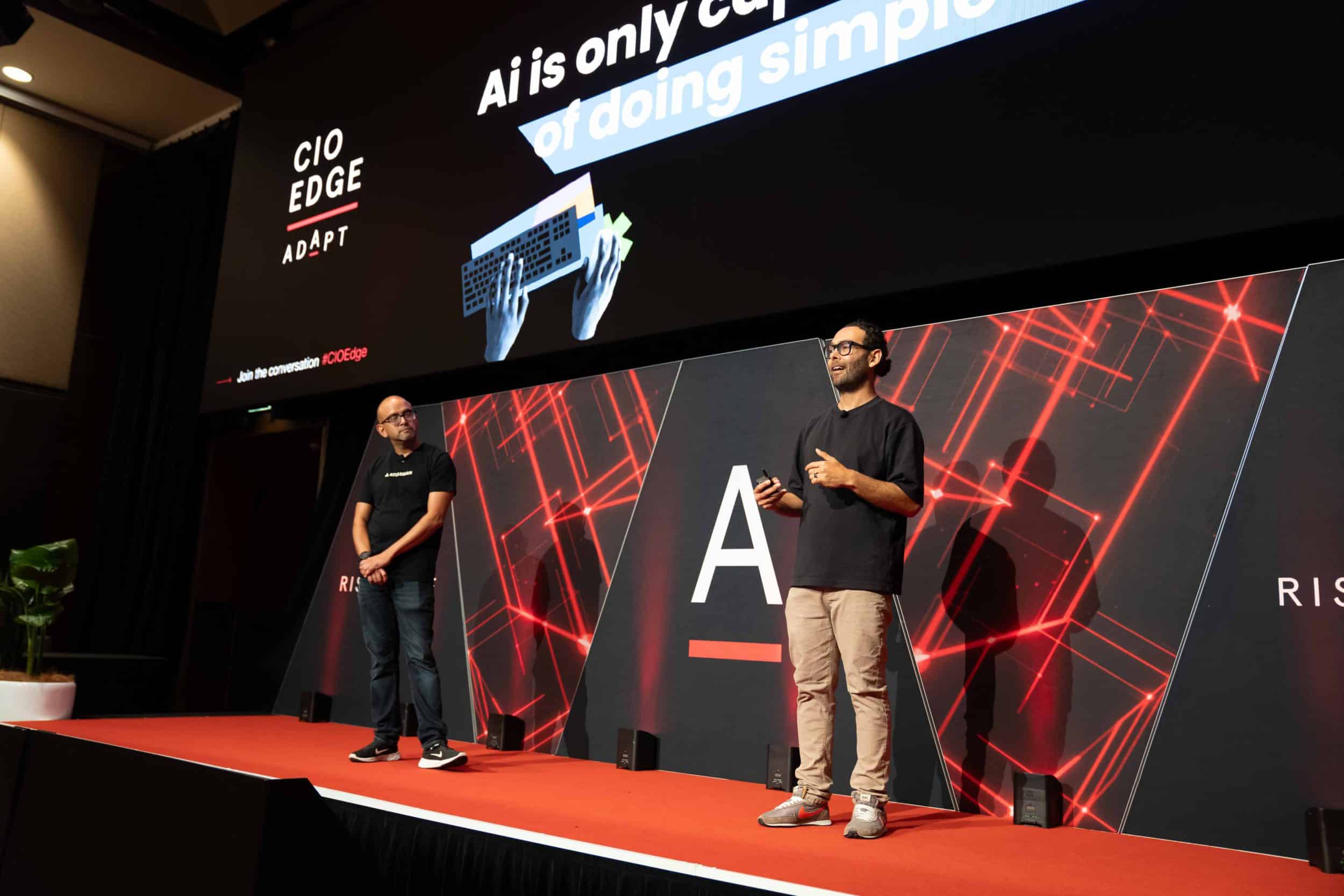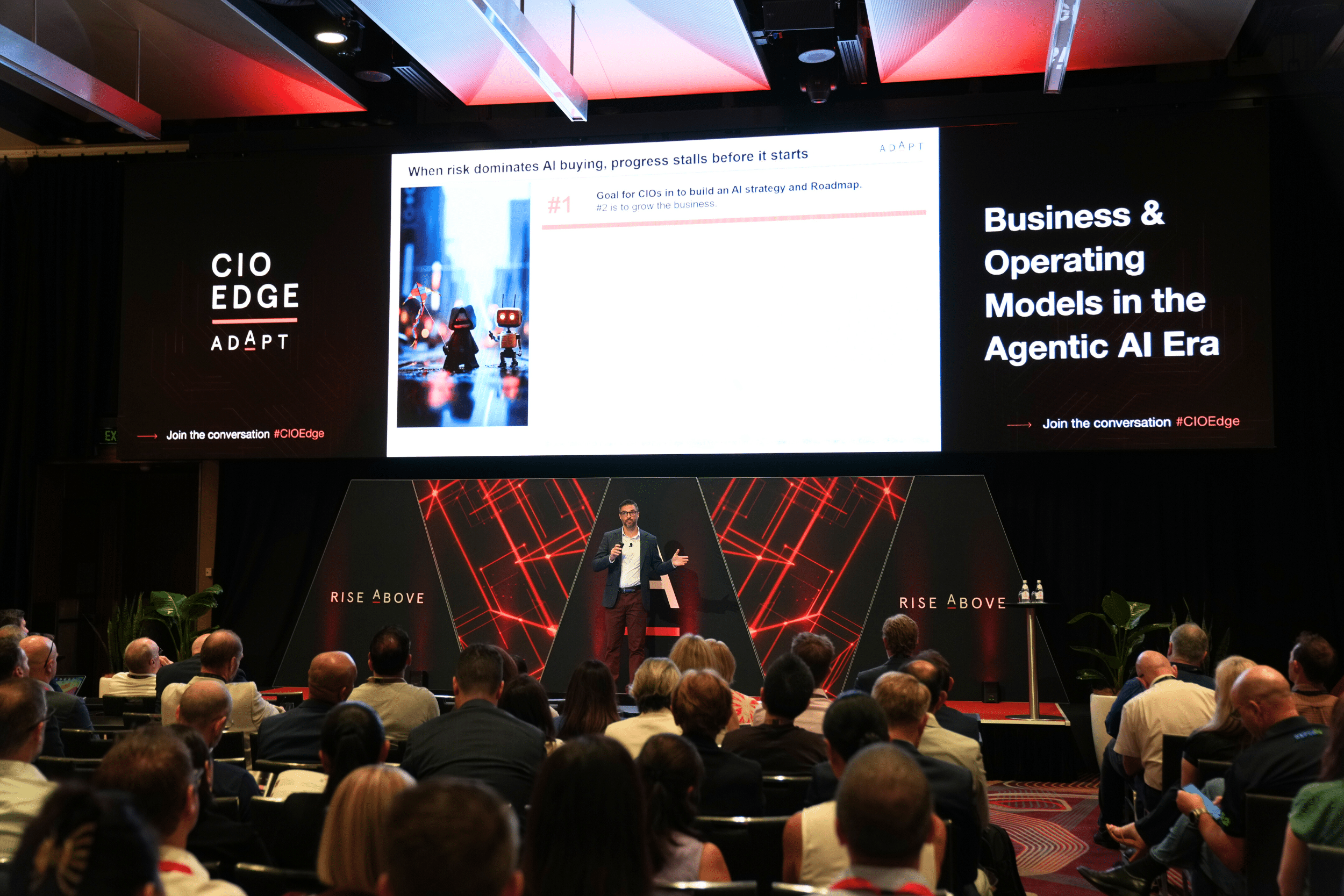The AI revolution in finance: CFOs and their digital minions
Prof. Marek Kowalkiewicz, Professor and Chair in Digital Economy at the Centre for Future Enterprise, QUT Business School, explores how algorithms and artificial intelligence are reshaping our workplaces and enhancing productivity.Prof. Marek Kowalkiewicz, Professor and Chair in Digital Economy at the Centre for Future Enterprise, QUT Business School, explores how algorithms and artificial intelligence are reshaping our workplaces and enhancing productivity at CFO Edge.
These algorithms are influencing economic interactions and workplace dynamics, and Marek suggests companies treat these “digital allies” as essential collaborators, requiring human oversight to avoid unexpected consequences.
AI-powered algorithms have entered diverse fields—from legal services with platforms like “DoNotPay” to design, as seen with Philippe Starck’s generative chair.
Prof. Marek warns of “phantom AI,” where misunderstandings about AI’s role create mistrust between managers and employees. He advocates for AI use as a tool for augmentation, not full automation.
By balancing human and AI abilities, Marek envisions a future where algorithms act as trusted partners, amplifying human potential while remaining under watch to prevent errors and ensure accountability.
Generative AI also has a profound impact on decision-making.
Prof. Marek advises caution, especially in areas like finance where precision is crucial, proposing “AI nutrition facts” for transparency.
Generative AI, known for its creativity, can enhance strategic planning, enabling faster scenario building and wider exploration of ideas.
However, he recommends against using AI for tasks requiring consistent judgement, where human input is essential.
He predicts shifts such as the need for new communication methods with autonomous systems and unique marketing for self-replenishing devices.
Citing examples like self-driving taxis and chatbot issues, he highlights the legal and operational complexities AI introduces.
Prof. foresees a future that combines automation with human control and ethical considerations, as illustrated by robotic avatars supporting remote work in Japan.
Key Takeaways
- Selective Use of Generative AI: Generative AI excels in creative, divergent thinking tasks such as strategic planning and scenario exploration. However, in areas demanding high precision, like finance, transparency is essential to maintain trust in AI’s role.
- Human-AI Collaboration: While generative AI can boost team performance by expanding knowledge and minimising errors, human oversight remains key—particularly in tasks requiring judgement and consistency. This ensures that AI complements, rather than replaces, human decision-making.
- Navigating Operational and Legal Complexities: The rise of autonomous systems and “digital allies” brings new challenges, from rethinking how we interact with AI-driven devices to managing legal responsibilities. Organisations must update policies and frameworks to handle these evolving complexities effectively.





























